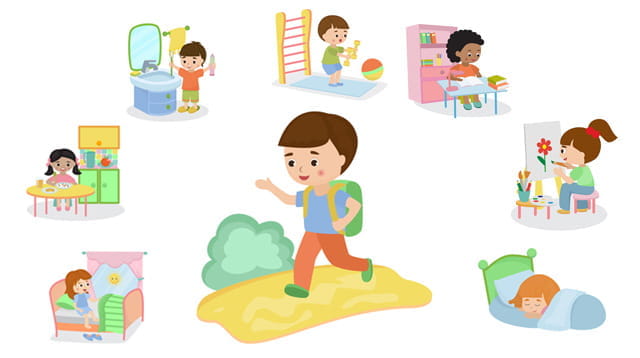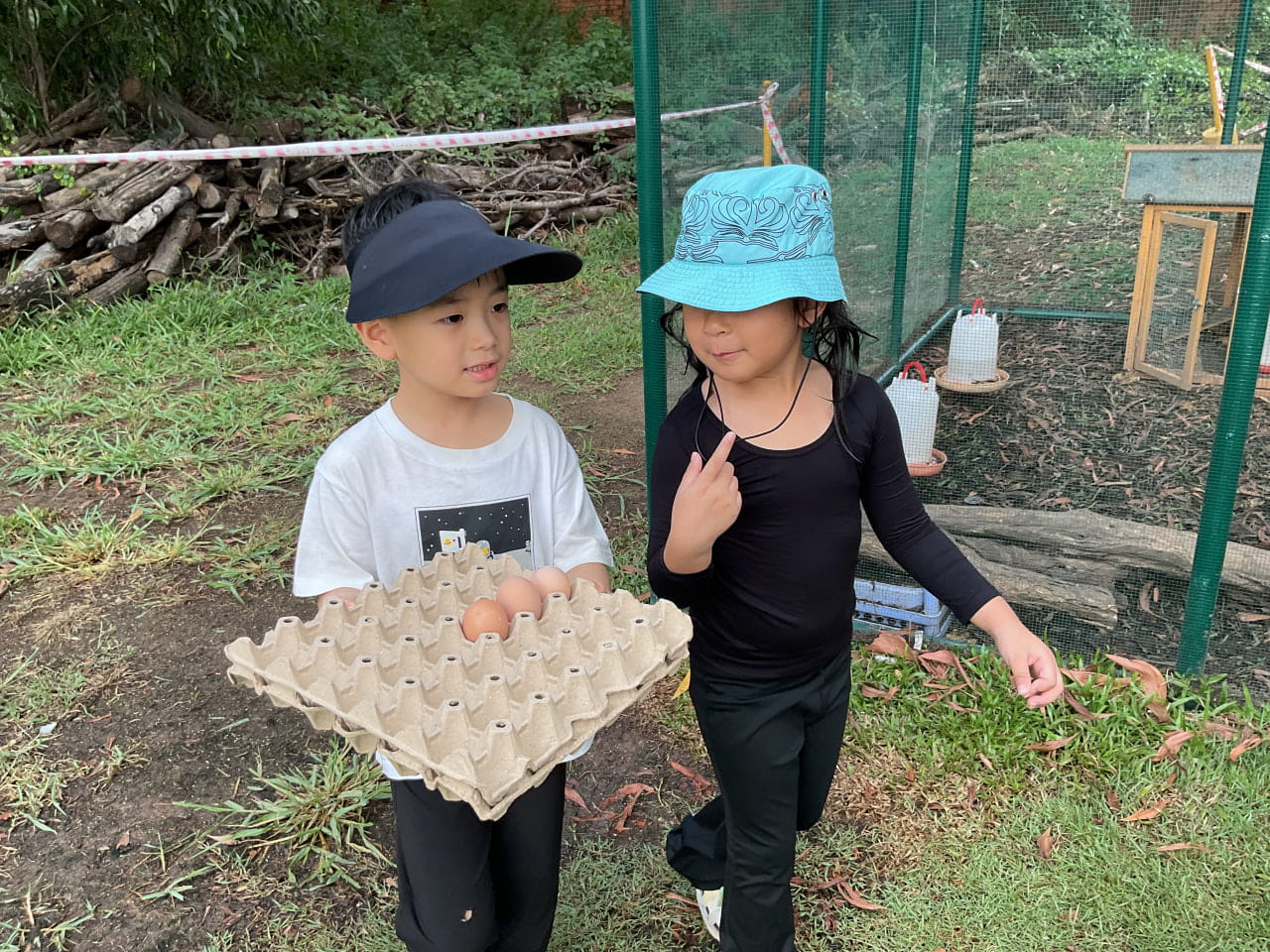Why establishing routines at home can help our kids become their very best at Northbridge As well as working at Northbridge International School Cambodia, I’m also a parent, and I know how hard it is to establish a routine at home. So hard, that I often ask myself if routines are really necessary. It’s so easy to go with the flow! But is this really best for our children, or do routines help them?
As well as working at Northbridge International School Cambodia, I’m also a parent, and I know how hard it is to establish a routine at home. So hard, that I often ask myself if routines are really necessary. It’s so easy to go with the flow! But is this really best for our children, or do routines help them?

Study after study shows that families feel secure and function better when they have structure instead of chaos. This is especially true for children. Think of how your children behave at school compared to how they behave at home. You will probably agree that they behave better at school. Why? Because schools have regular, predictable, and consistent routines.
Here are six ways that routines at home can help your kids be at their best:
A normal routine helps set your children’s “body clock.” When your kids get used to going to bed at the same time every day, they are more easily able to wind down and rest. The same goes for eating full meals, having regular bowel movements, playing and having outdoor time, and slowing down during “quiet times.”
A normal routine establishes expectations and creates a calmer household. Instead of arguing about daily tasks, your children will know that “it’s time to clean up” or “it’s time to take a bath.”
A normal routine gives your children confidence and independence. With a routine, children will learn when it’s time to brush their teeth or get ready for bed, and will take pride in doing it by themselves. Providing gentle reminders or visual schedules will help your children learn the normal routine.
A normal routine establishes healthy habits and develops self-discipline. Kids who practice the same tasks every day, such as brushing their teeth, practicing an instrument, or reading before bedtime, learn how to manage their time. When tasks become habits, parents don’t need to remember as much every day. Chances are, your kids will remind you to follow the routine.
A normal routine can guarantee “special moments.” This is probably my favorite part of having a routine. When you build something into your day, like snuggling and reading to your children before bed, you are guaranteed to have special moments every day. These dedicated times create increased bonding, connection and memories with your children.
A normal routine offers stability during times of change or stress. When the family has a daily routine, children have something in their lives that is normal, no matter what else is going around them or where they might be.
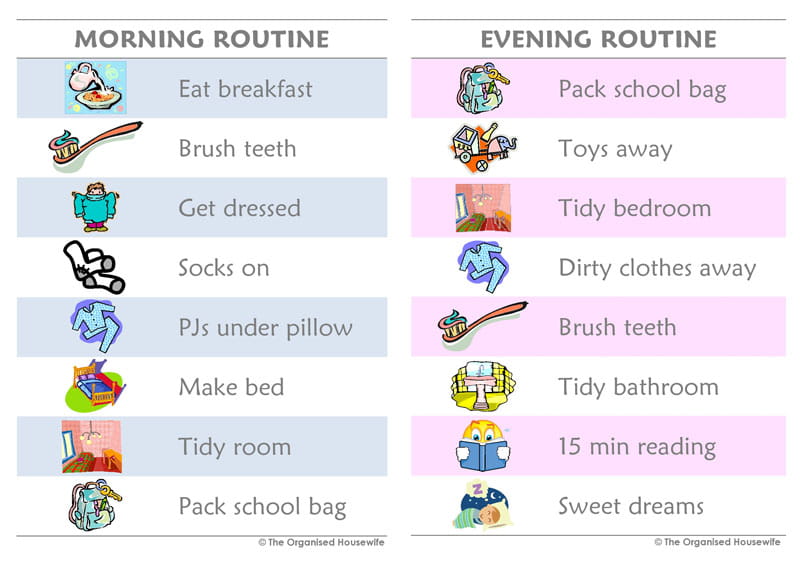
What should be part of your normal routine?
Not everything has to be the same every day, but there are certain daily activities that should be part of your routine, especially on school days. These might include:
The time to get ready in the morning
Bath times, mealtimes, and bedtimes
Housework, cooking and cleaning schedules
Playtime, family time and outdoor play
Your family might benefit from including other activities. For example, some families might include time to practice a musical instrument. The key is that your routine is regular, predictable and consistent, while also allowing for a bit of flexibility to accommodate spontaneity and creativity. Cleaning the table after dinner is important, but it can wait if you have a special guest. So establish a routine, but also be sensitive and adaptable to the needs of your family.
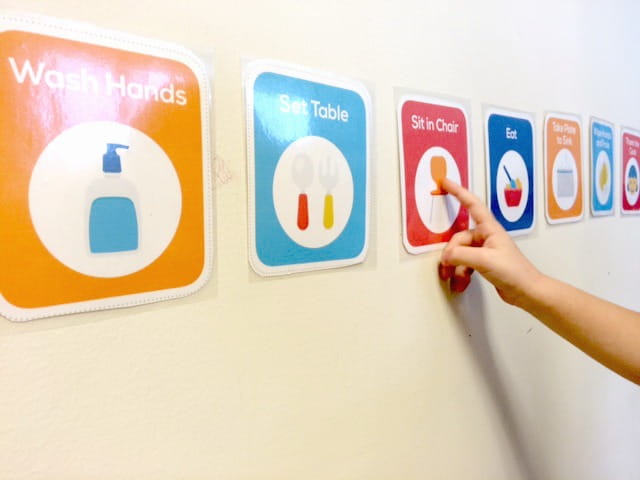
How do you set a daily routine for your family
Your family probably has more routines than you realize, so start with what you already do and add additional tasks when your family is ready. Here are some suggestions:
Build the routine around the times when your family already wakes up, goes to school or work, eats meals, and sleeps. If you don’t have a schedule, identify when you want these things to happen and start by setting regular bedtimes and wake up times. Add regular mealtimes and bath times once sleep times are consistent.
Be patient. Living on a schedule may be hard at first, but you will get used to it. Just make sure that your schedule is realistic.
Add “helpful” elements to your routine. For instance, you can add time before bedtime for everyone to prepare things for the next morning. This includes picking out clothes, preparing backpacks, and filling up water bottles. Also include steps that help your kids wind down before bedtime, such as a regular 10-minute reading and snuggling time with your kids.
If there's one activity, like brushing their teeth or doing their homework, which is usually challenging for your children, set up a Reward Chart to deal with it and include it as a visible step in your family’s routine chart.
Include your family when you are establishing your routine. Ask for input, answer questions, and talk through the steps, so that your children are part of the process, not just following orders.
Finally, adjust the routine as needed. As the months go on, you’ll start to see what’s working and not working for the family. A routine is meant to help your family. If it isn’t helping, change it.
Click here to download a free chart you can use at home, or save the image below.
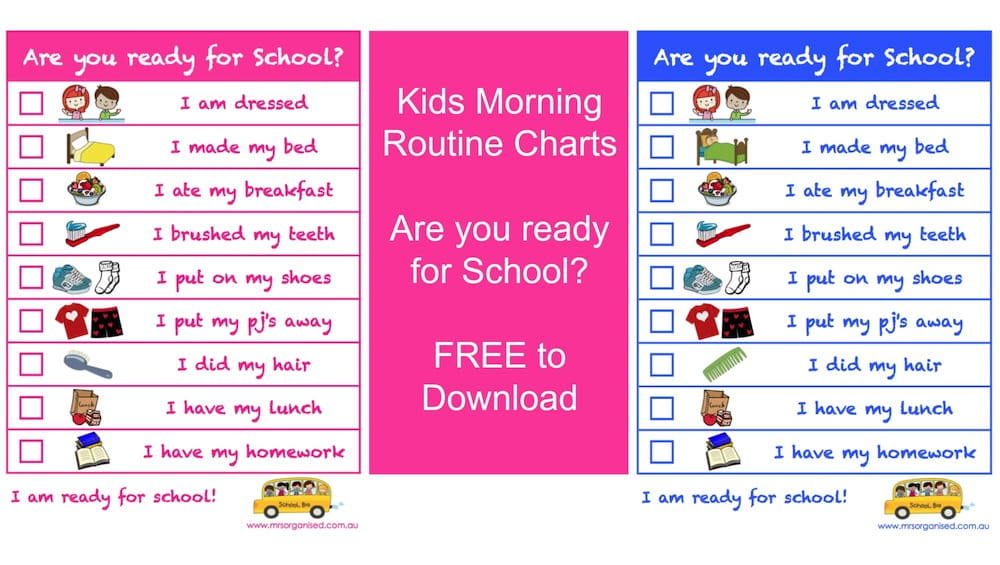
I hope this information is helpful. If you have questions or need help establishing your routine, please contact me at karen.geating@nisc.edu.kh.
Reference List
Family Routines: How and Why They Work, https://raisingchildren.net.au/grown-ups/family-life/routines-rituals-relationships/family-routines.
Melbourne Child Psychology & School Psychology Services, Port Melbourne, Melbourne Child Psychology & School Psychology Services - https://www.melbournechildpsychology.com.au/blog/the-importance-of-routine-in-childhood/.
Routines: Why They Matter and How To Get Started. Education.com - https://www.education.com/magazine/article/importance-routines-preschool-children/.
The Importance Of Family Routines. https://www.healthychildren.org/English/family-life/family-dynamics/Pages/The-Importance-of-Family-Routines.aspx.


